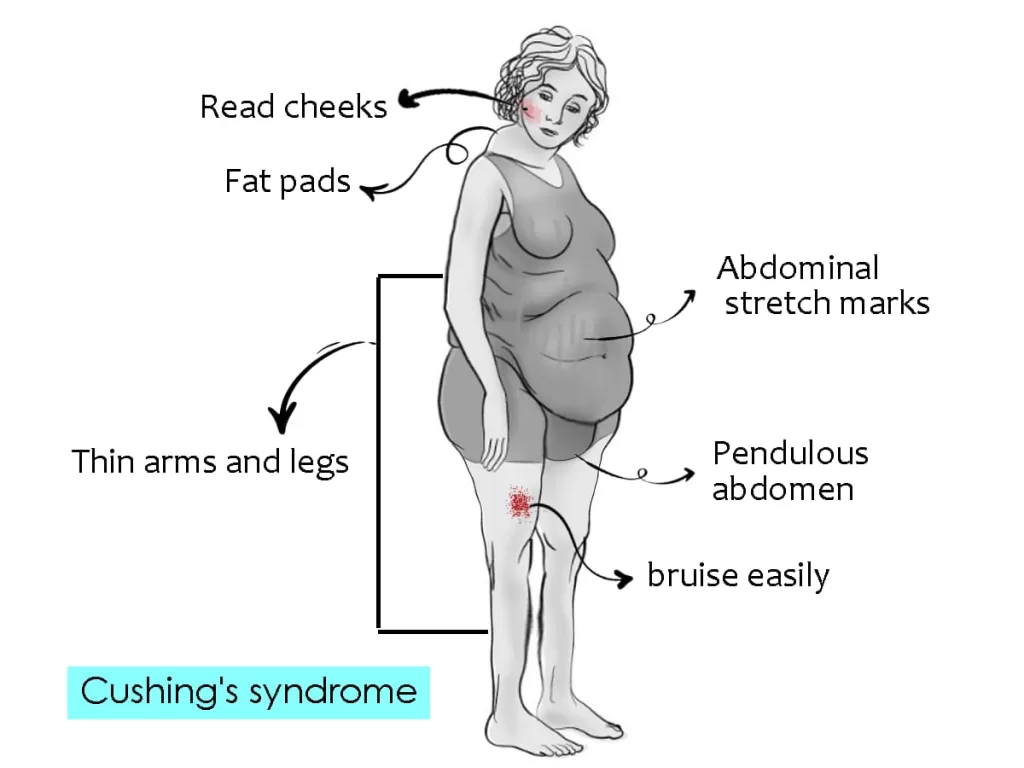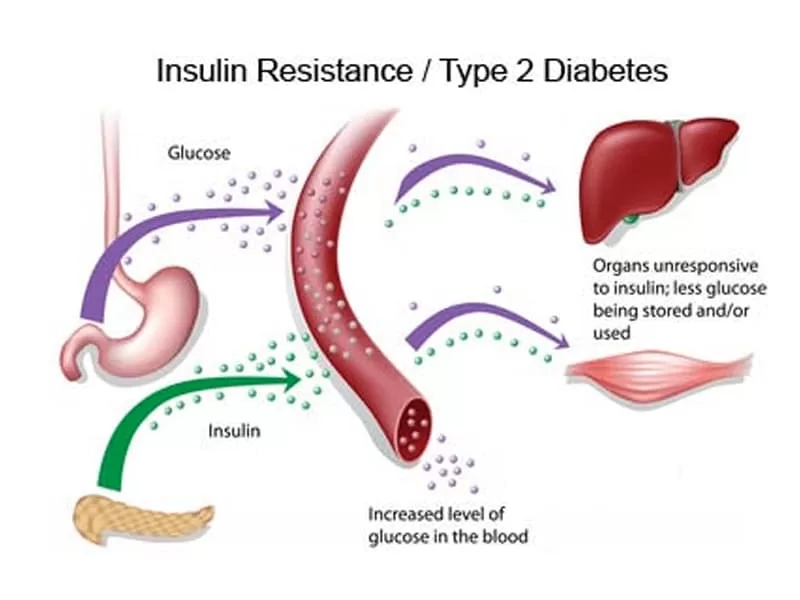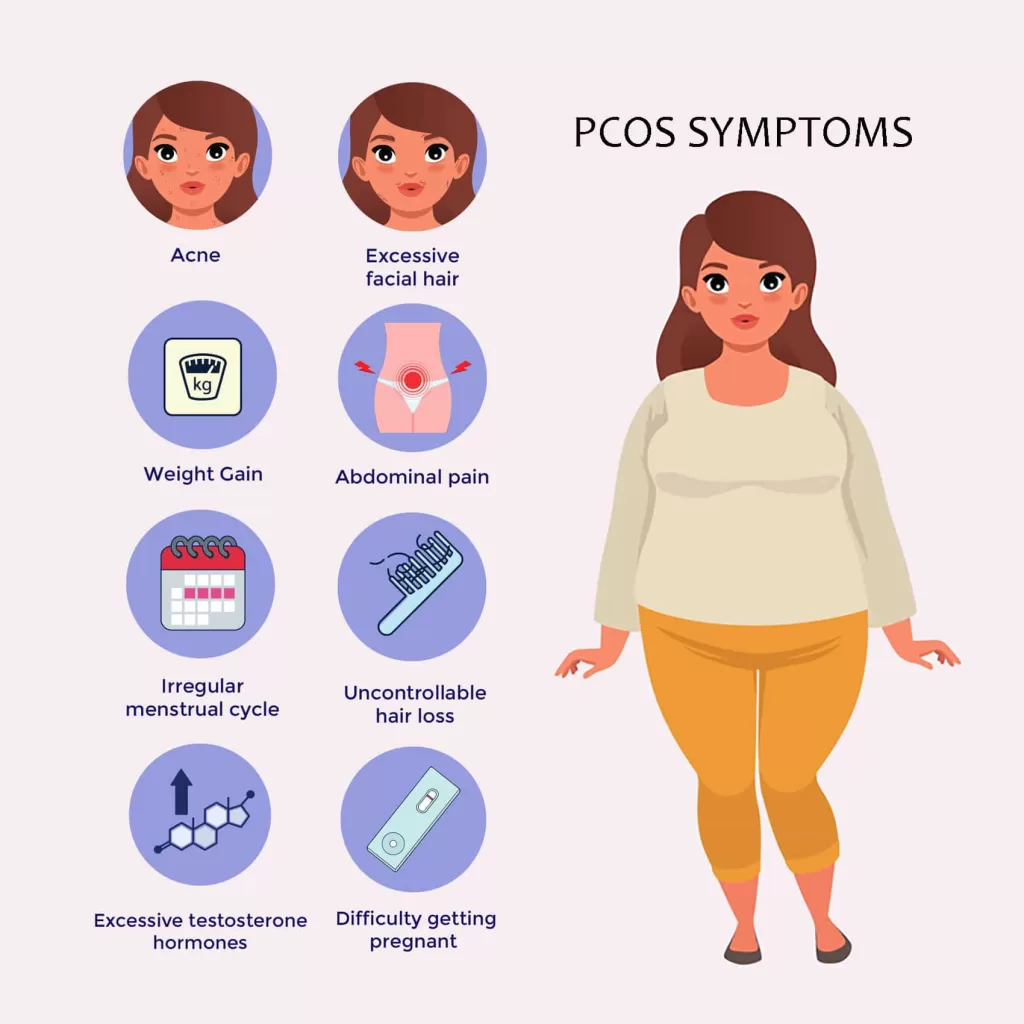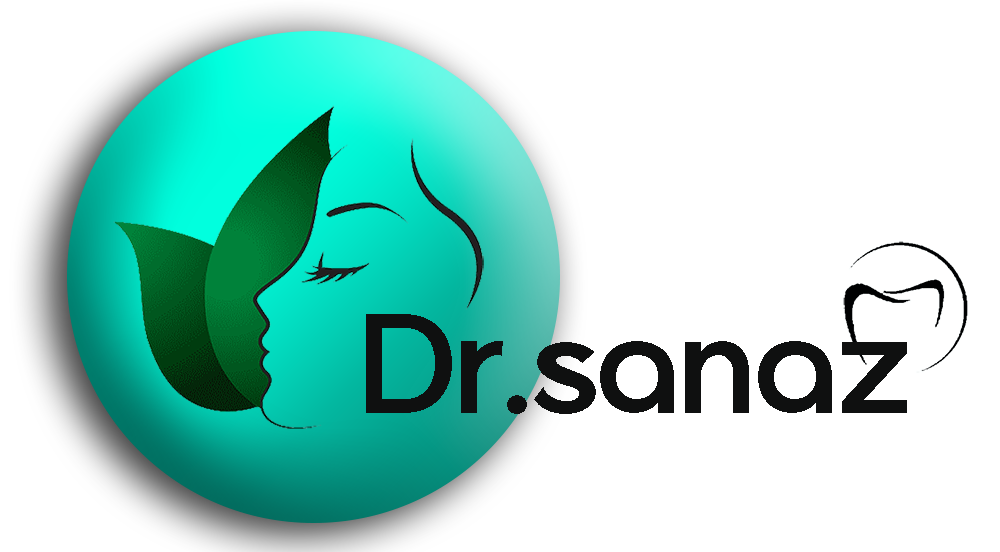

Medical Conditions That Cause Morbid Obesity
Obesity is a symptom. Underlying diseases can cause this symptom. When a person faces the sign of obesity, he should know where this problem comes from. And more important and serious than that is morbid obesity, which manifests itself as abnormal and inhomogeneous bulking of fats around the abdomen.
Knowing the diseases that make us fat or thin may make it easier to get fit and live a better life.
There are many reasons for obesity and thinness. Although there are genetic, behavioral, metabolic, and hormonal influences on body weight, obesity occurs when a person consumes more calories than their daily intake and (long-term) exercise. Over time, these extra calories add up and cause weight gain.
The underlying diseases of obesity, known as morbid obesity, are one of the causes of being overweight.
However, obesity is not always just about calorie intake or a sedentary lifestyle. While these are indeed the causes of obesity, there are other reasons for uncontrollable obesity.
The complications of some diseases are obesity and overweight, which may cause dangerous conditions if not treated. If you are still overweight despite following a diet and exercising daily and gaining some weight every month, morbid obesity may be the cause of the problem. In the following, we will examine the issues and diseases related to obesity and its symptoms.

Genetics of the causes of morbid obesity
The genes you inherit from your parents may affect the amount of body fat and the distribution of that fat and are considered causes of obesity and thinness. Genetics may also affect how efficiently your body converts food into energy, regulates appetite, and burns calories during exercise.
old age
With age, hormonal changes and a less active lifestyle increase the risk of obesity. In addition, with increasing age, the body’s muscle decreases. In general, lower muscle mass leads to lower metabolism. You will likely gain weight if you do not consciously control what you eat and become less physically active as you age.
insufficient sleep
Sleeping too little or too much can cause hormone changes that increase appetite. You may also crave foods high in calories and carbohydrates, which can contribute to weight gain.
According to the NHS:
In addition to diet and unhealthy lifestyles, some diseases and genetic factors may also cause obesity.

pregnancy
Weight gain is one of the common side effects of pregnancy. Not only losing weight after giving birth is difficult but also in some cases, leads to morbid obesity. This weight gain may contribute to the development of obesity in women. Breastfeeding may be the best option for losing weight gained during pregnancy.
Considering that pregnancy is a sensitive and important period, weight loss during this period should be done with full knowledge of how it should be done so as not to harm the child’s health. In this context, reading the article “Is It Ok To Lose Weight While Pregnant If Overweight” will be very useful.
Quit smoking
Quitting smoking is often associated with weight gain; for some, it can lead to enough weight gain to become obese. This often happens because people use food to cope with quitting smoking. However, quitting smoking has more health benefits than smoking, and your doctor can help you prevent weight gain after quitting.
Obesity caused by hypothyroidism
When the thyroid gland is disturbed and the production of thyroid hormones decreases, a person suffers from hypothyroidism. The thyroid is a small, butterfly-shaped gland in front of the neck. By secreting hormones, the thyroid helps the body regulate and consume energy. And this is one of the common causes of morbid obesity.

Symptoms of underactive thyroid
The first symptoms related to hypothyroidism are overweight and fatigue. These two symptoms occur with age if the thyroid is healthy. However, if the following symptoms show up over time, you should immediately visit an endocrinologist to be examined for thyroid disorders.
- tiredness
- obesity
- puffy face
- depression
- constipation
- Feeling cold
- Decreased sweating
- slow heartbeat
- High blood cholesterol
- dry skin
- dry hair
- poor memory
- Fertility problems
- Changes in menstruation
- muscle weakness
- Muscle stiffness, pain, and tenderness
- Pain and stiffness in the joints
- hoarseness
Cushing’s disease is one of the obesity diseases
Cushing’s syndrome, or hypercortisolism, is caused by an abnormal increase in the hormone cortisol. This disorder is one of the diseases related to morbid obesity. If excess weight and the following symptoms occur, the probability of having Cushing’s syndrome is high.
- Fat deposits on the face, the middle part of the body, and the upper back
- Skin thinning and bruising
- Skin injuries that are slow to heal.
- acne
- tiredness
- muscle weakness
Many diseases cause morbid obesity by changing the secretion of hormones and disrupting the body’s metabolism, such as hypothyroidism, Cushing’s syndrome, pregnancy, and ovarian laziness.
Sometimes the following symptoms occur in Cushing’s syndrome:
- high blood sugar
- increased thirst
- increased urination
- Osteoporosis
- high blood pressure
- Headache
- Mood swings
- anxiety
- Irritability
- depression
- infection

depression
Feeling sad in life is entirely normal. However, if this feeling does not go away and continues, there is a possibility of depression. Sometimes depression is so severe that it makes daily activities difficult. These patients have a sad mood, and enjoyable activities lose their appeal to these people. So plumpness happens. The symptoms of this disease are:
- Fatigue and low energy
- Insomnia (waking up early in the morning)
- too much sleep
- Headache
- muscle cramps
Sometimes people who suffer from depression overeat. Eating a lot of food and feeling tired and inactive can lead to being overweight.
Overeating caused by mental illnesses
In some people, different emotions can affect their eating habits. In these people, emotions such as sadness, boredom, stress, or anger cause overeating, which we know as bulimia nervosa. About 30% of people seeking weight loss methods face such problems and overeat in different emotional situations. And they may be morbidly obese.
Insulin resistance from obesity diseases
Insulin resistance occurs when muscle, fat, and liver cells do not respond well to insulin. In this condition, the body cannot use glucose for energy. As a result, the pancreas produces more insulin, and the blood sugar level rises. This disorder causes Bulking of fats, especially around the abdomen in some cases as well as problems such as obesity, high blood pressure, high cholesterol, and type 2 diabetes.

Prader-Willi syndrome
This disease is a genetic disorder that causes physical and mental problems. One of its main features is constant hunger. These people eat constantly and do not feel complete. Many complications of this disease are caused by obesity. Symptoms of Prader-Willi syndrome in infants include:
- Weak muscle power
- Make specific changes in the face
- Weak sucking reflex
- Poor responsiveness
- Absence of genital development.
The symptoms of this disease from childhood to adulthood include:
- Food cravings and weight gain
- Insufficient growth and immaturity of sexual organs
- Poor physical development
- Mild to moderate mental retardation
- Delay in motor development
- speech problems
- behavioral problems
- sleep disorders.
Sometimes mental disorders and diseases are the leading cause of morbid obesity. For example, sometimes depression and even antidepressants or bulimia are the main reason for being an overweight and sudden changes in the size of organs in the shape of fat.
Hormonal obesity and polycystic ovary (PCOS)
Another disease related to obesity, especially abnormal obesity is polycystic ovary syndrome. This disease affects the level of female sex hormones. Male hormones are produced more than normal in these patients. Hormonal imbalance causes the pregnancy to face problems. This disease causes facial and body hair growth and hair loss.
Symptoms of hormonal obesity due to ovarian laziness
One of the main symptoms of this disease is plumpness and being overweight. If the following symptoms accompany this sign, you should see a doctor to diagnose polycystic ovaries.
- Irregular periods
- Heavy bleeding
- Excessive hair growth
- acne
- Male pattern baldness
- Dark spots on the skin
- Headache

Arthritis (OA) is one of the diseases that cause obesity
The most common chronic disease related to the joints is arthritis. A joint is a part where two bones meet. This area is protected by cartilage. When cartilage is damaged, the bones rub together, causing pain and stiffness.
This complication occurs mainly in the hands, fingers, shoulder, spine, hips, and knees. Arthritis contributes to obesity and overweight because it makes it difficult to perform many activities and reduces mobility.
The main symptoms of arthritis are:
- joint’s pain
- Joint stiffness
- Loss of flexibility and reduced range of motion
- Sensitivity and discomfort in the affected area
- inflammation
- Making noise when moving the joints
- Creating extra bone masses.
Weight gain during ovulation
It is interesting to know that you may gain a little extra weight at the time of ovulation. What is the cause of this excess weight? As you approach ovulation, fluid builds up in your body. This fluid retention can cause weight gain. Another symptom that may occur during ovulation is bloating.
Bloating is one of the things that can be effective in weight gain. This sudden obesity or excess weight will be removed after the ovulation period. So there is no need to worry.
Some people also feel bloating and heaviness of the uterus near their period, which can also be effective in weight gain. Of course, this slight weight gain does not cause obesity and will be resolved quickly.

What is the cause of weight gain in the diet?
Have you ever experienced that when you go on a diet, you gain weight instead of losing it? Do you know why this happens? Does this issue indicate that the slimming diet is not the answer for you and you should seek help from other methods to lose weight? Let us evaluate this issue one more time.
First of all, remember this sentence: “You should not weigh yourself every moment and record your weight increase and decrease!”. Changes in weight during the time you are on a diet are entirely regular. Do not get upset; do not abandon the diet when you see one or two kilos up and down. Be patient and give yourself some time.
Much of the weight gain you experience while dieting is due to fluid retention. If you drink many fluids before urinating, your weight will appear higher than it is.
Some people gain a few kilos of weight by dieting and then start losing weight by skipping the period of excess weight. This is entirely normal. You should not worry. Of course, following a healthy diet or using one of the most famous diets in the world can effectively reduce your weight.




Share in :
Explore more


Sitting A Long Time And Being Overweight- Drhealthandbeauty

